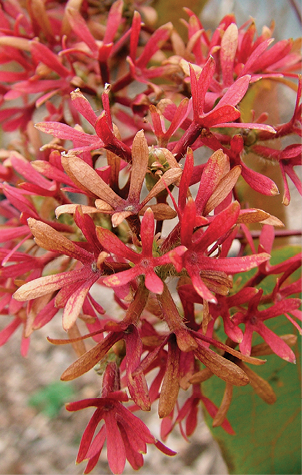
Southern Plains
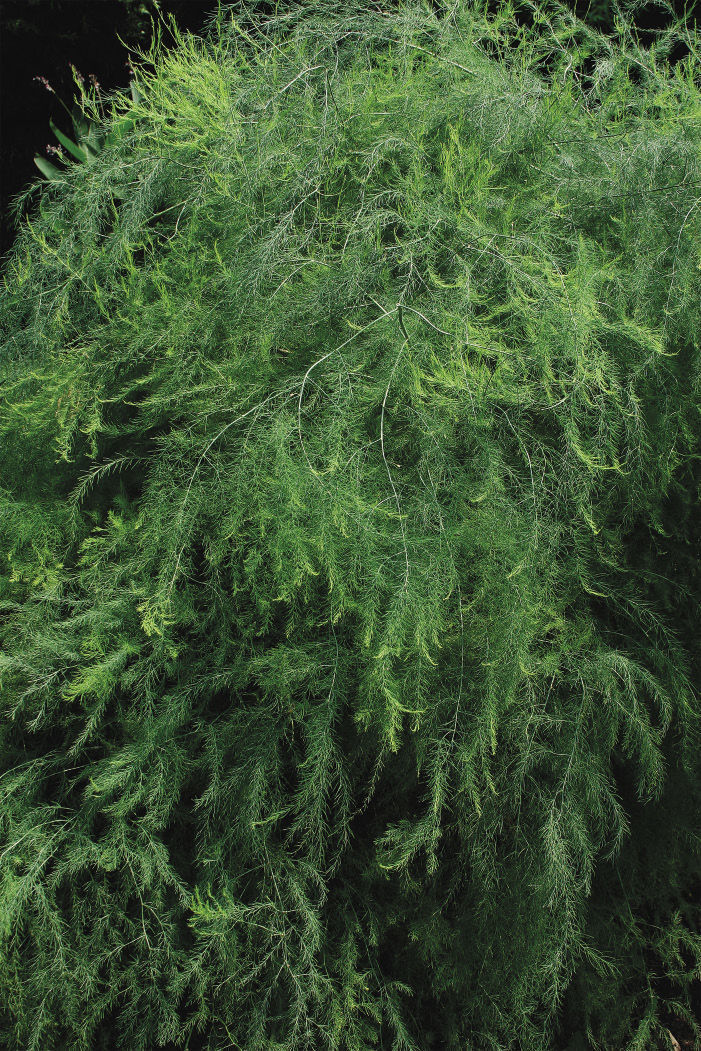
Asparagus (Asparagus officinalis)
USDA Hardiness Zones: 4 to 8
Size: 4 to 6 feet tall and 3 to 5 feet wide
Conditions: Full sun; moist, well-drained soil
If you don’t have room for asparagus in your vegetable garden, plant it, instead, in your perennial garden. I love using the fine-textured foliage of this drought-tolerant edible as a backdrop for summer bloomers. Dramatic, golden yellow fall color finishes the season, and of course, spring always starts with bundles of fresh asparagus for the table.
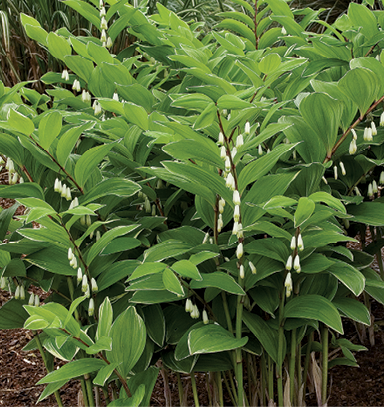
Variegated fragrant Solomon’s seal (Polygonatum odoratum ‘Variegatum’)
Zones: 3 to 8
Size: 18 to 24 inches tall and wide
Conditions: Partial to full shade; moist, well-drained soil
Fragrant Solomon’s seal is simply a good, tough plant. I use a lot of the straight species in my garden, but this variegated selection is even more special. Its green-and-white foliage brightens shady spots and pairs well with hostas, ferns, and other woodland dwellers. It competes well with tree roots, and hot, dry summers don’t seem to faze it. As a young plant in the nursery, this fragrant Solomon’s seal can look a little awkward. Give it a year or two to mature in the ground, however, and you’ll be impressed.
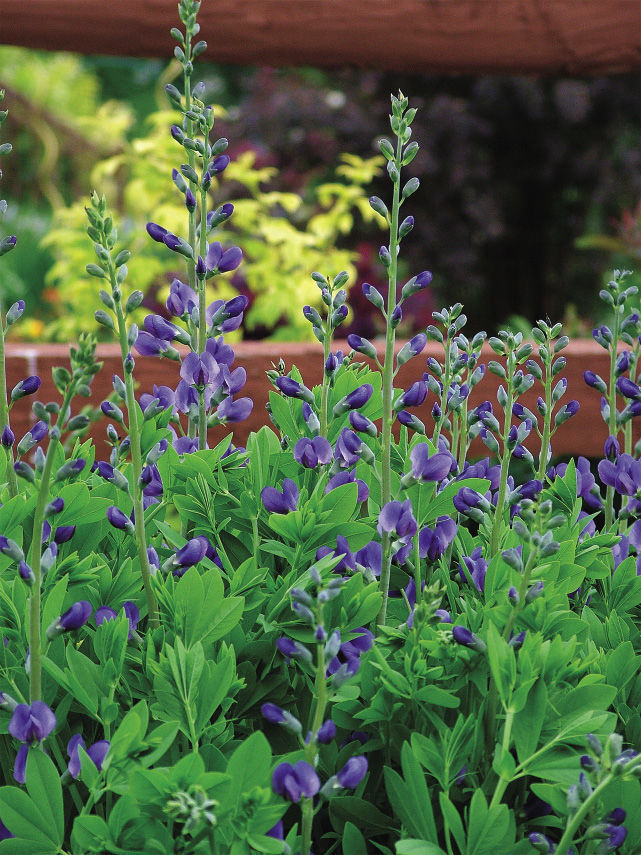
False blue indigo (Baptisia australis)
Zones: 3 to 9
Size: 3 to 4 feet tall and wide
Conditions: Full sun; well-drained soil
This drought-tolerant perennial is one of our prairie natives and certainly one we should use more often. As a young plant, false blue indigo looks, unfortunately, a little scraggly, and I find it gets overlooked at the nursery when it’s not in bloom. Give it a year or two in the ground, however, and you’ll agree that it’s a beauty. It offers a welcome splash of early-spring color and still looks attractive after its blooms fade—not to mention, it has cool-looking seedpods during the winter months.

Seven-son flower (Heptacodium miconioides)
Zones: 5 to 9
Size: 15 to 20 feet tall and 10 to 15 feet wide
Conditions: Full sun to partial shade; moist, well-drained soil
The early-fall white blooms of seven-son flower are reason enough to love this relatively unknown tree, but equally as striking is its postbloom color. As the flowers drop, the sepals at the base of each flower turn a striking purplish red and continue the show right into October. Pests and diseases rarely bother this fast grower, but the butterflies adore it.

Photos, except where noted: Nancy J. Ondra; courtesy of Cameron Rees; Michelle Gervais; Doreen Wynja

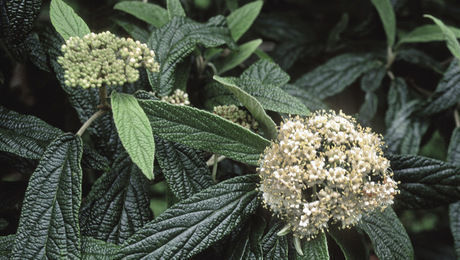
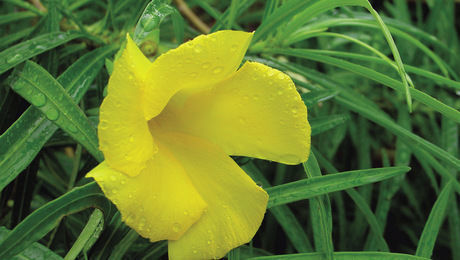
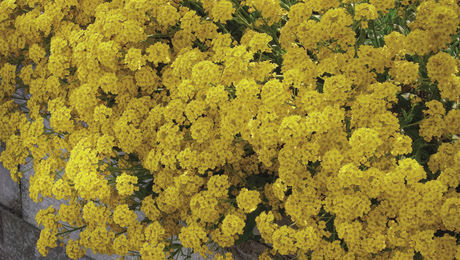
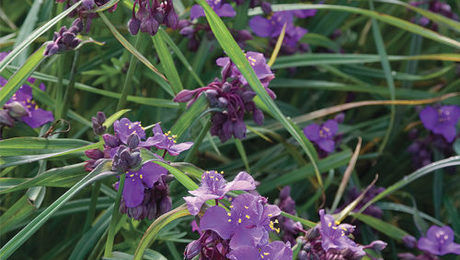












Comments
Log in or create an account to post a comment.
Sign up Log in